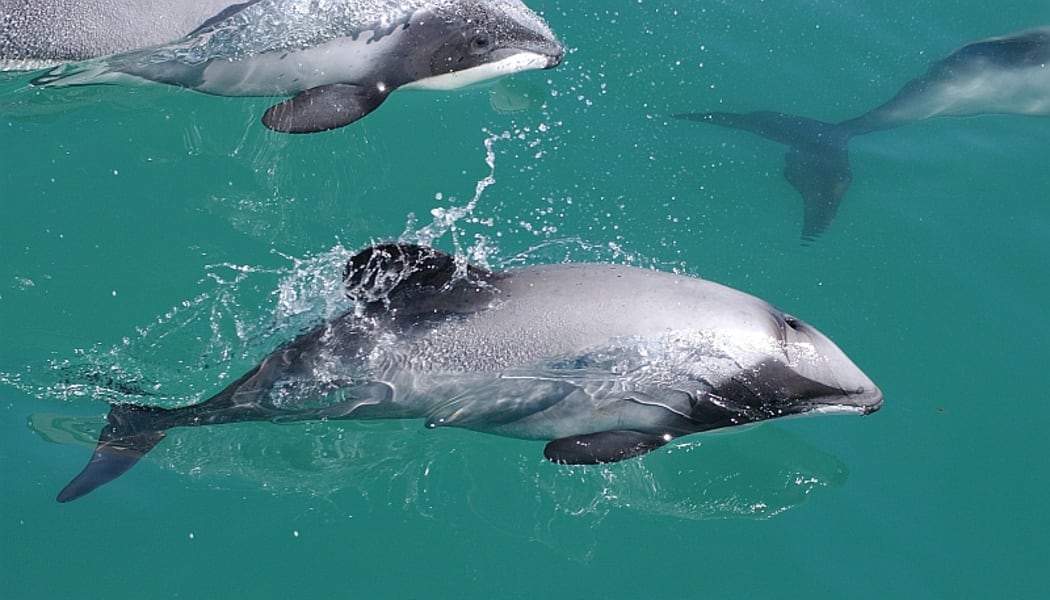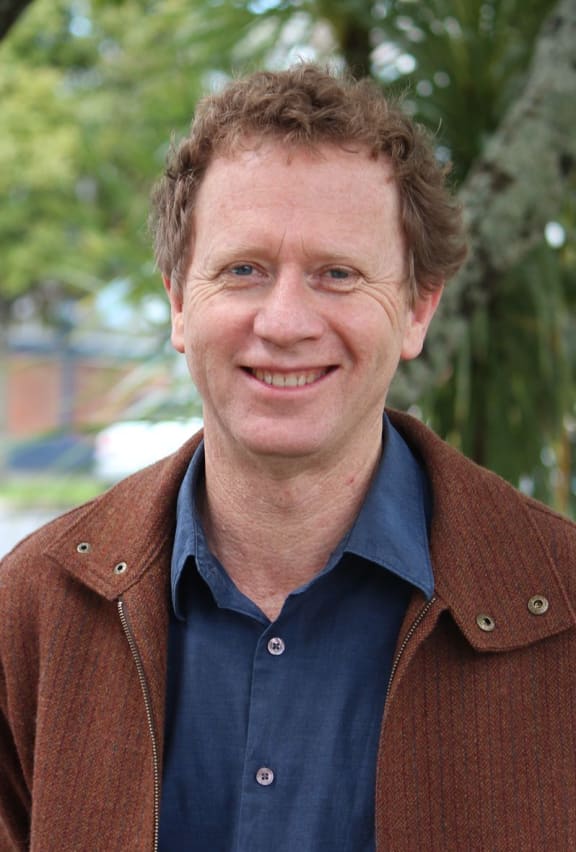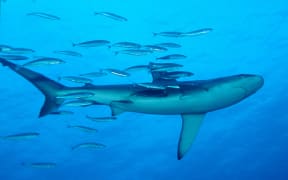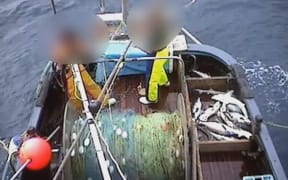Action, rather than just research, is needed to protect Maui and Hector's dolphins, marine scientists and environmental groups say, as the government pledges to safeguard oceans.

Maui dophin Photo:
At the United Nations Ocean Conference in New York, New Zealand has pledged to protect, conserve and sustainably using oceans and marine resources.
At the conference Conservation Minister Maggie Barry affirmed the government's commitment to establishing the Kermadec/Rangitahua Ocean Sanctuary and said she would address issues around fishing subsidies, marine debris and ocean acidification.
But the vice-president of the Marine Sciences Society, Liz Slooten, said most of New Zealand's commitments were to fund more research or develop a management plan.
She said that was not enough to fully protect the Hector's and Maui dolphins.
"The International Whaling Commission has made it very clear that more research is not a substitute for protection," she said.
"That we need to see some action not just people doing more research."
That was backed up by Greenpeace executive director Russel Norman, who said the government must protect the nearly-extinct Maui dolphin.

Greenpeace New Zealand executive director Russel Norman Photo: Greenpeace
He said the government also needed to clamp down on deep-sea mining, trawling and green house gases to prove it was serious about healthy oceans.
"There's certainly some good that has come out of the conference and New Zealand position, but actions speak louder than words."
"The government is still not performing to protect our oceans."
He said the government was encouraging deep sea mining, which was "immensely destructive", allowing bottom trawling in fishing industry, letting fishing companies dump half of their catch and subsidising green house gases.
"You start to get a sense there are some significant problems the government is making worse."
Many of the commitments are voluntary, he said.
Mr Norman said plastics in the ocean must be addressed and he commended the government in following the international trend to ban microbeads.
The government had however "consistently refused" to commit on reducing plastic bag use, he said.





